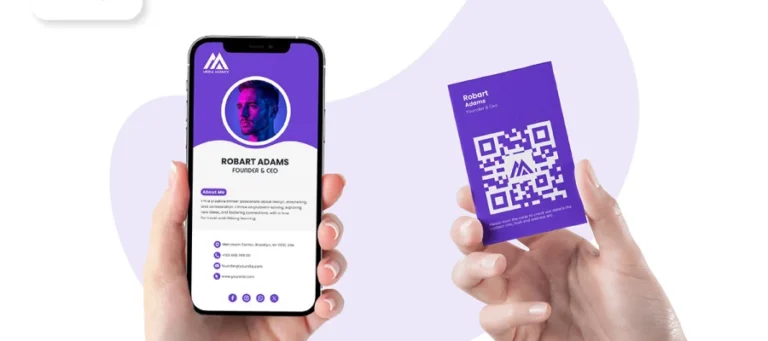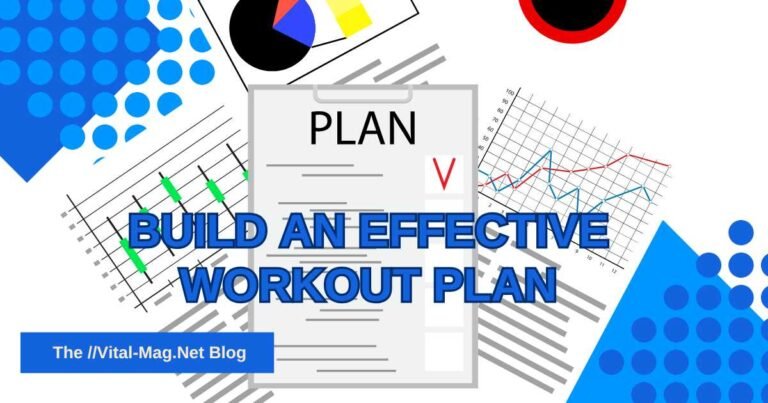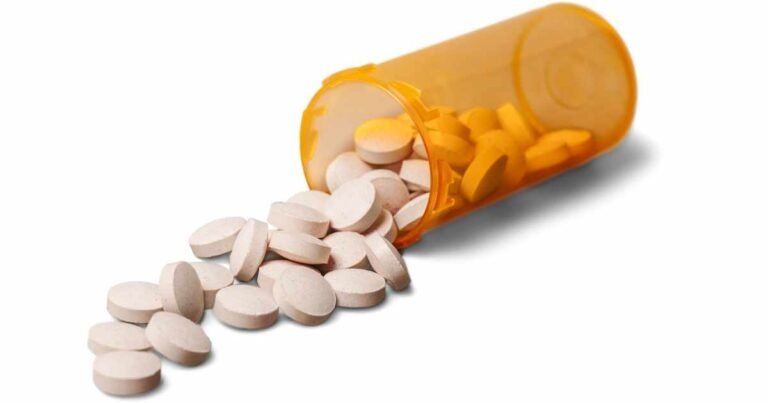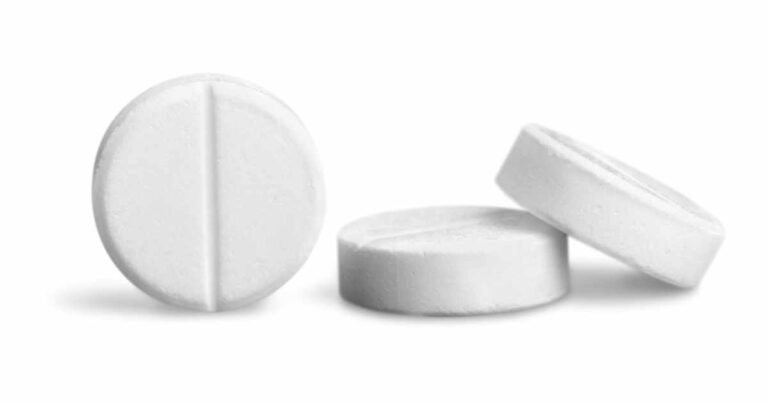Blood Pressure Medication: Guide to Safe, Smart Use

High blood pressure—often called the silent killer—affects millions of people without them even knowing it. It creeps in quietly, showing no symptoms, and yet can lead to heart disease, stroke, or kidney failure if left unchecked. But here’s the good news: with the right treatment plan and consistent care, you can manage it effectively and live a healthy life.
If you’ve been prescribed blood pressure medication or are just exploring your options, this guide will help you understand your treatment journey’s what, why, and how.
🩺 What Is High Blood Pressure?
Imagine your arteries as flexible hoses. Blood pumps through them with a certain pressure—too much pressure over time wears them down.
| Blood Pressure Category | Systolic (Top) mm Hg | Diastolic (Bottom) mm Hg |
|---|---|---|
| Normal | Less than 120 | Less than 80 |
| Elevated | 120 – 129 | Less than 80 |
| Stage 1 Hypertension | 130 – 139 | 80 – 89 |
| Stage 2 Hypertension | 140 or higher | 90 or higher |
Most people don’t realise they have it until it’s measured. That’s why regular checks at home or in your clinic are essential.
💊 How Blood Pressure Medications Work
Your heart, kidneys, blood vessels, hormones, and even your nerves influence your blood pressure. Medications target one or more of these systems to reduce strain.
Main Types of BP Medications:
| Medication Type | How It Works | Common Side Effects |
|---|
| Diuretics (Water Pills) | Remove excess salt/water via urine | Frequent urination, low potassium |
| ACE Inhibitors | Relax blood vessels by blocking hormone angiotensin II | Dry cough, high potassium |
| ARBs | Block angiotensin II receptors (no cough like ACEs) | Dizziness, headache |
| Calcium Channel Blockers | Prevent calcium entry into heart/blood vessel cells | Ankle swelling, constipation |
| Beta-Blockers | Slow heart rate, reduce heart strain | Fatigue, cold hands, low mood |
| Alpha-Blockers | Relax blood vessel walls | Low BP when standing, fast heartbeat |
🔔 Note: You may need multiple types to reach your target blood pressure.
🎯 Why Take Blood Pressure Medication?
You might wonder—“Do I really need pills if I feel fine?” Yes. Because unchecked high blood pressure is like a ticking clock. Medication offers protection you can’t always feel—but your organs will thank you later.
Benefits:
- Prevents heart attacks and strokes
- Protects your kidneys and eyes
- Lowers heart failure risk
- Supports longer, better-quality life
🧠 Pro Tip: Monitor at Home Like a Pro
A good digital BP monitor is your best friend. Follow these steps:
- Take readings every morning and evening
- Avoid caffeine, smoking, or exercising 30 minutes before
- Sit calmly for 5 minutes before checking
- Record results and share with your doctor
📘 Tip: Keep a BP log (paper or app) and note how you felt during the reading.
📚 What the Latest Guidelines Say (AHA, 2023)
According to a major study by the National Heart, Lung, and Blood Institute, lowering BP to 120/80 in adults over 50 can reduce heart disease deaths by up to 25%, especially in those over 75.
🗣️ Questions to Ask Your Doctor
Bring these to your next appointment:
- What’s this medication for, and how does it work?
- When and how should I take it?
- What should I expect? Are there any side effects?
- Are generics okay?
- What if I miss a dose?
- Will it interact with my other medications?
🥦 Lifestyle Tips That Make Meds Work Better
Medication isn’t magic—it’s teamwork between your pills and your daily choices.
- Limit salt: Aim for <2,300 mg/day (ideally <1,500)
- Follow the DASH diet: Fruits, vegetables, whole grains, lean proteins
- Move daily: 30 minutes of walking, yoga, or cycling
- Quit smoking and limit alcohol
- Manage stress with breathing, prayer, or nature time
- Track your weight and sleep
⚠️ When to Call a Doctor Right Away
- Chest pain or shortness of breath
- Face or throat swelling (possible allergic reaction)
- Irregular heartbeat or fainting
- Dizziness that doesn’t go away
- Extremely low BP
❓FAQs – What Patients Often Ask
Q: How fast do BP meds work?
A: Some work within hours, others need days or weeks. You may not feel it—but your BP meter shows it.
Q: Can I stop if my BP is normal?
A: No—never stop without medical advice. The effects wear off, and BP can rebound dangerously.
Q: Is long-term use safe?
A: Yes. Many people take them safely for life under supervision.
Q: Can I drink alcohol?
A: Small amounts may be okay. Avoid excess, especially with beta-blockers or calcium blockers.
Q: What if I miss a dose?
A: Take it if you remember within a few hours. Don’t double dose. Skip and resume as normal next time.
✅ Final Word: Take Charge, Not Chances
Blood pressure meds aren’t a weakness—they’re a shield. When paired with the proper habits and honest conversations with your doctor, they become a powerful tool to protect your heart, brain, and future.






